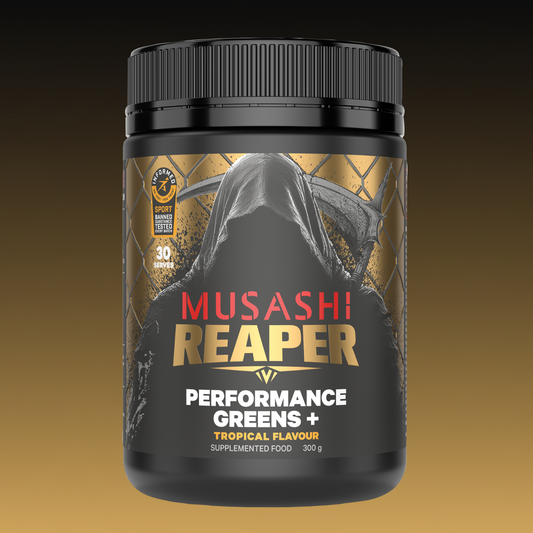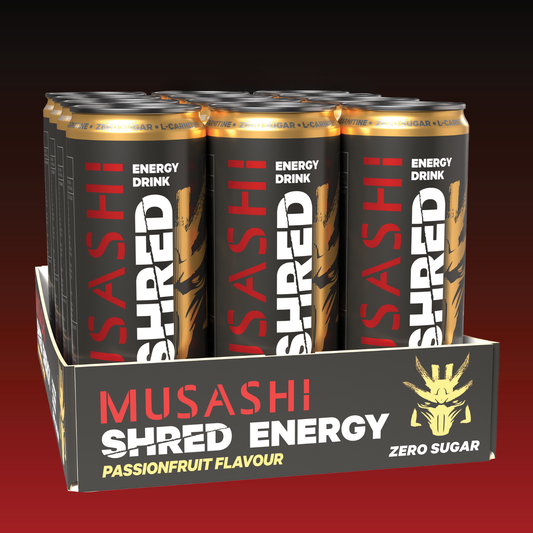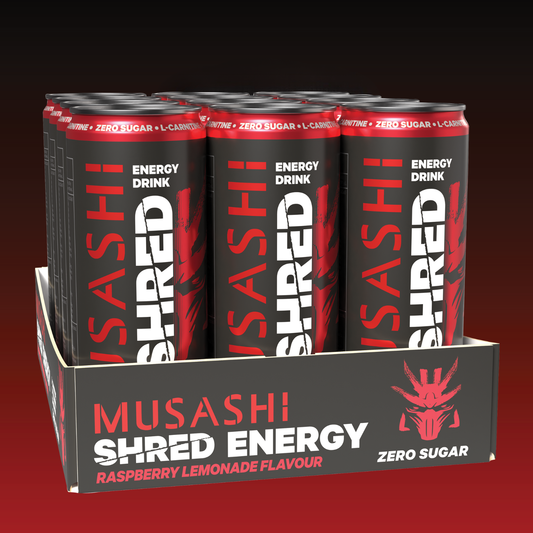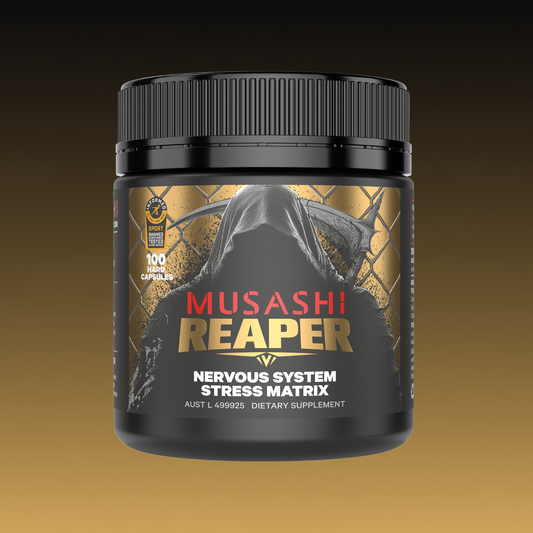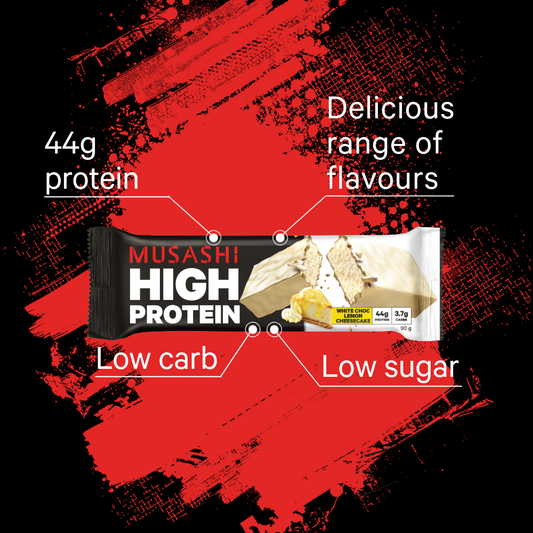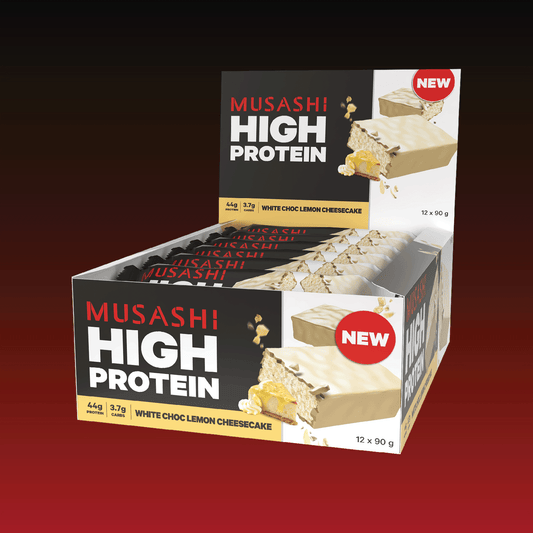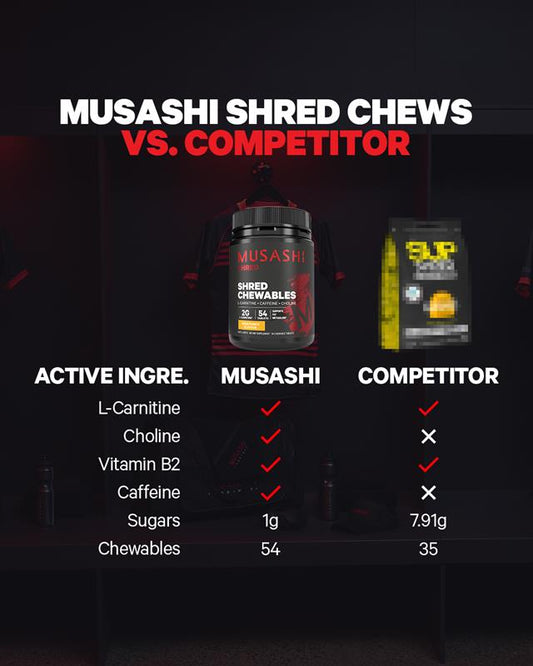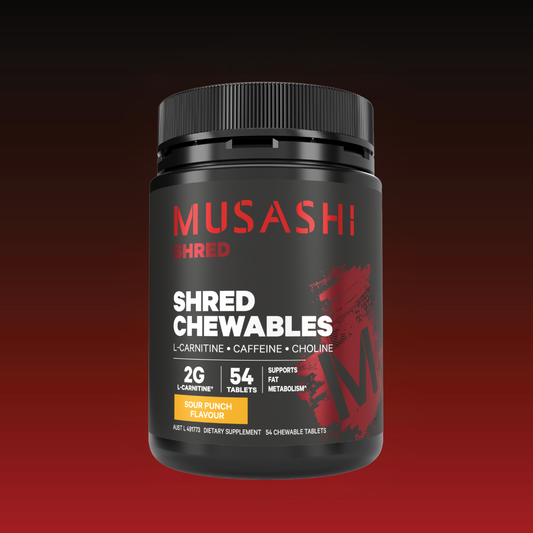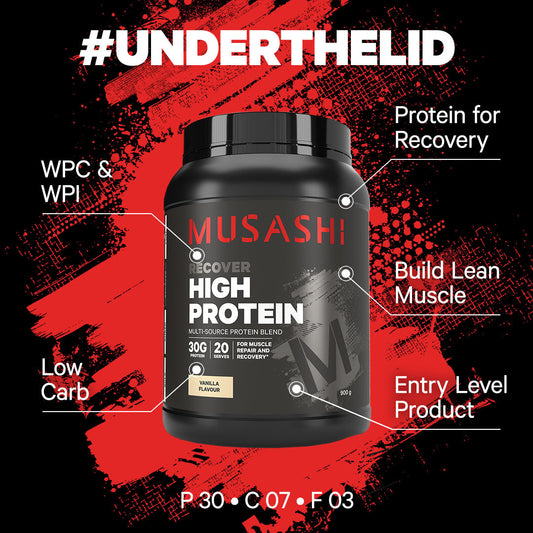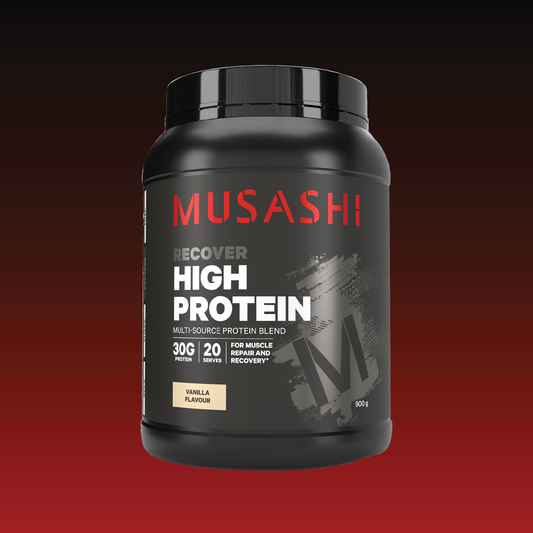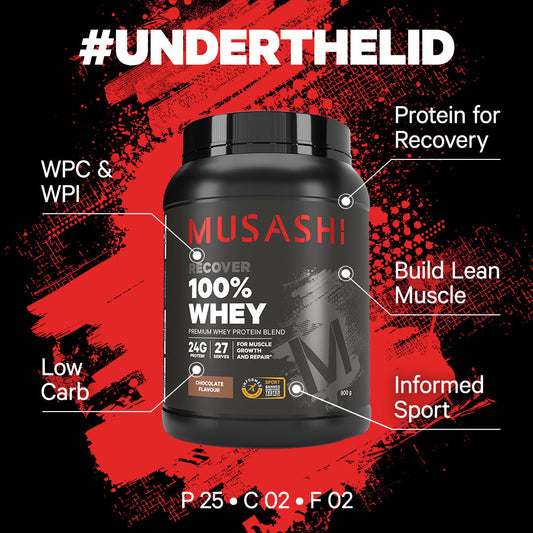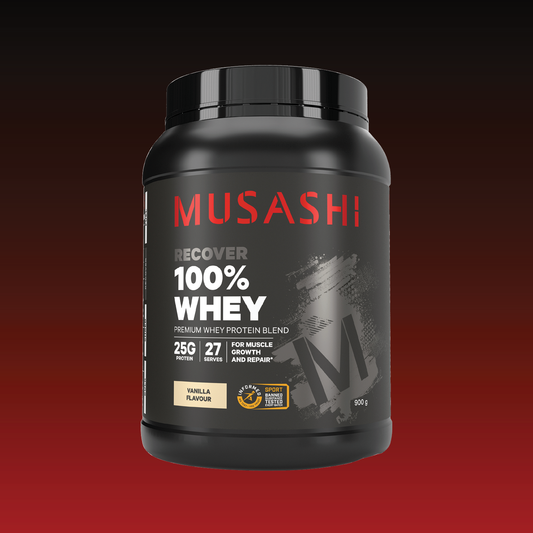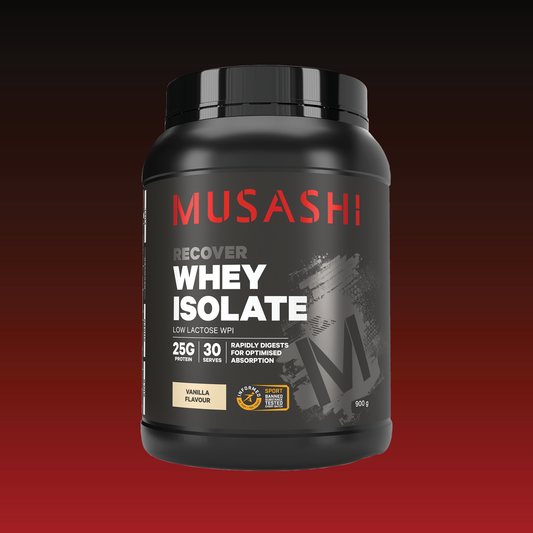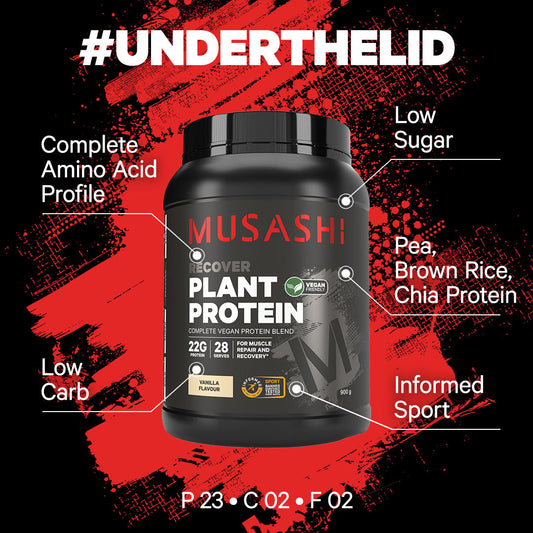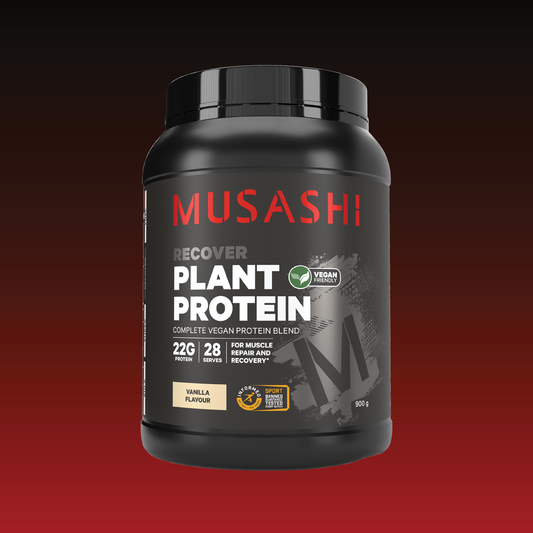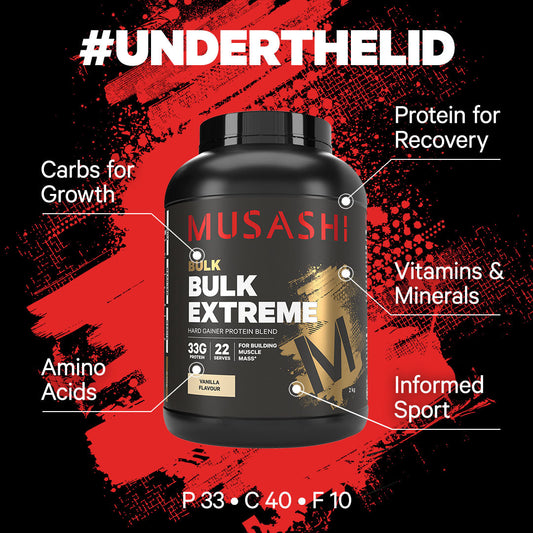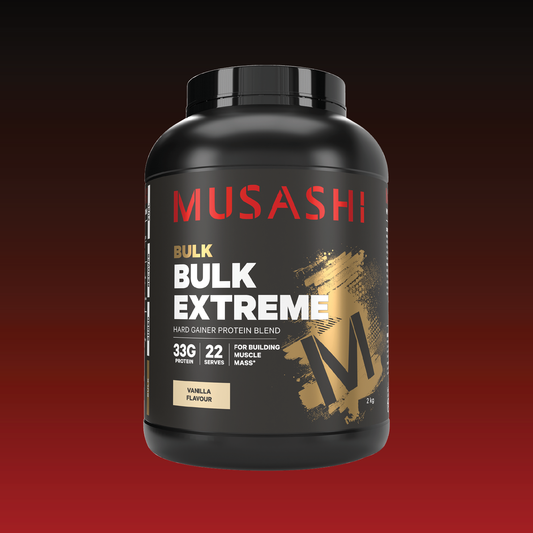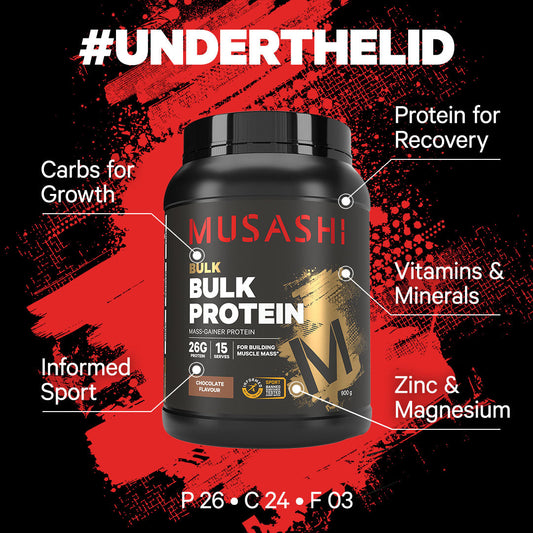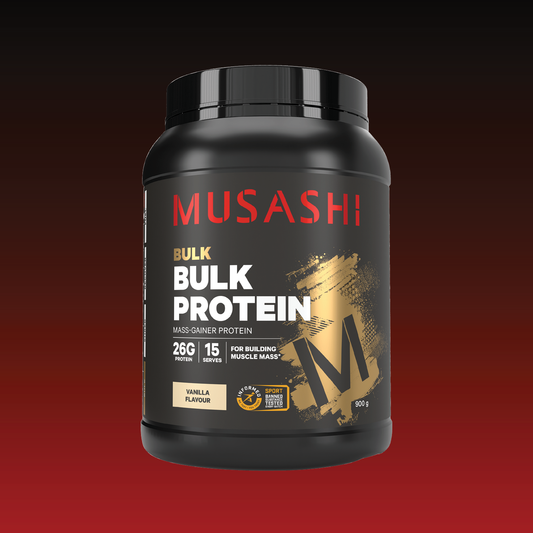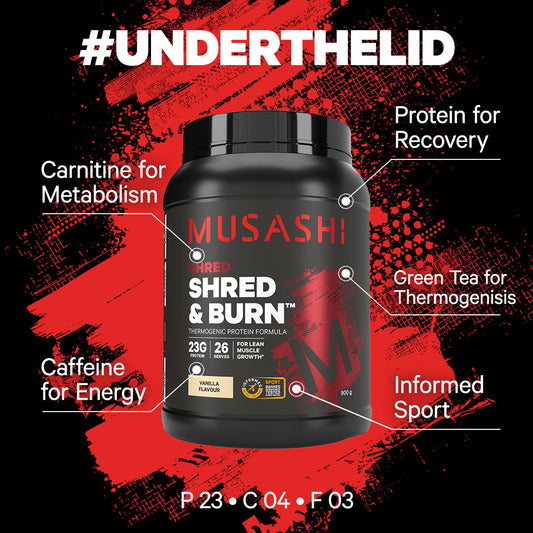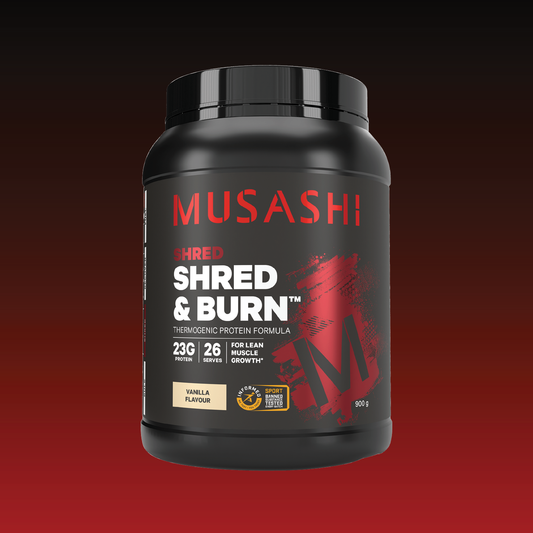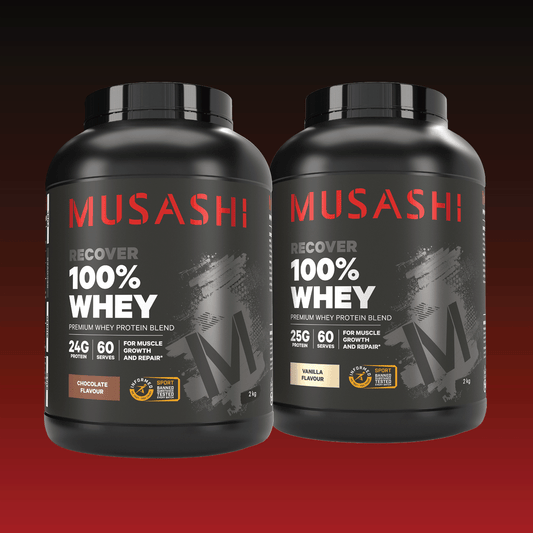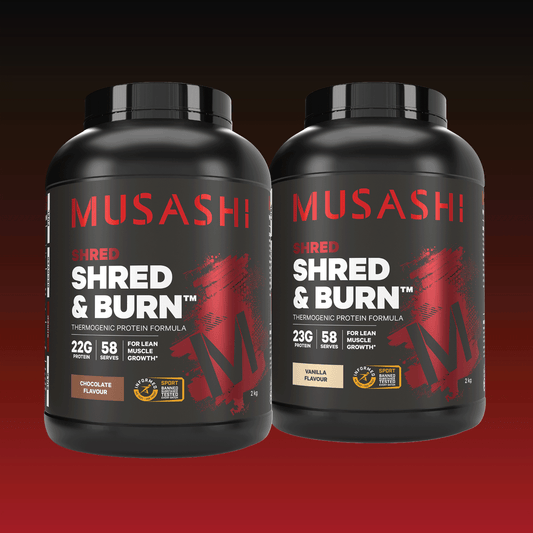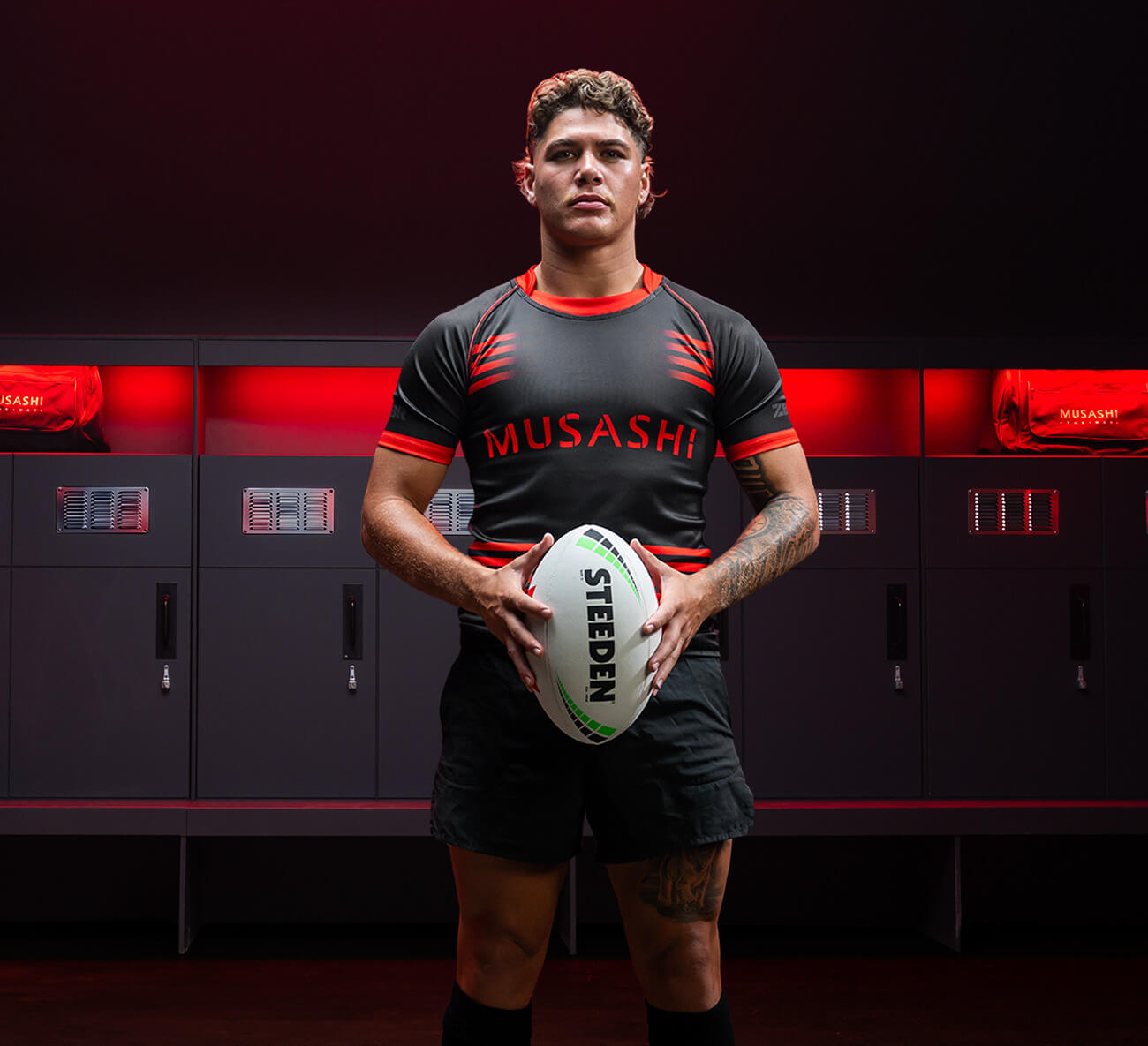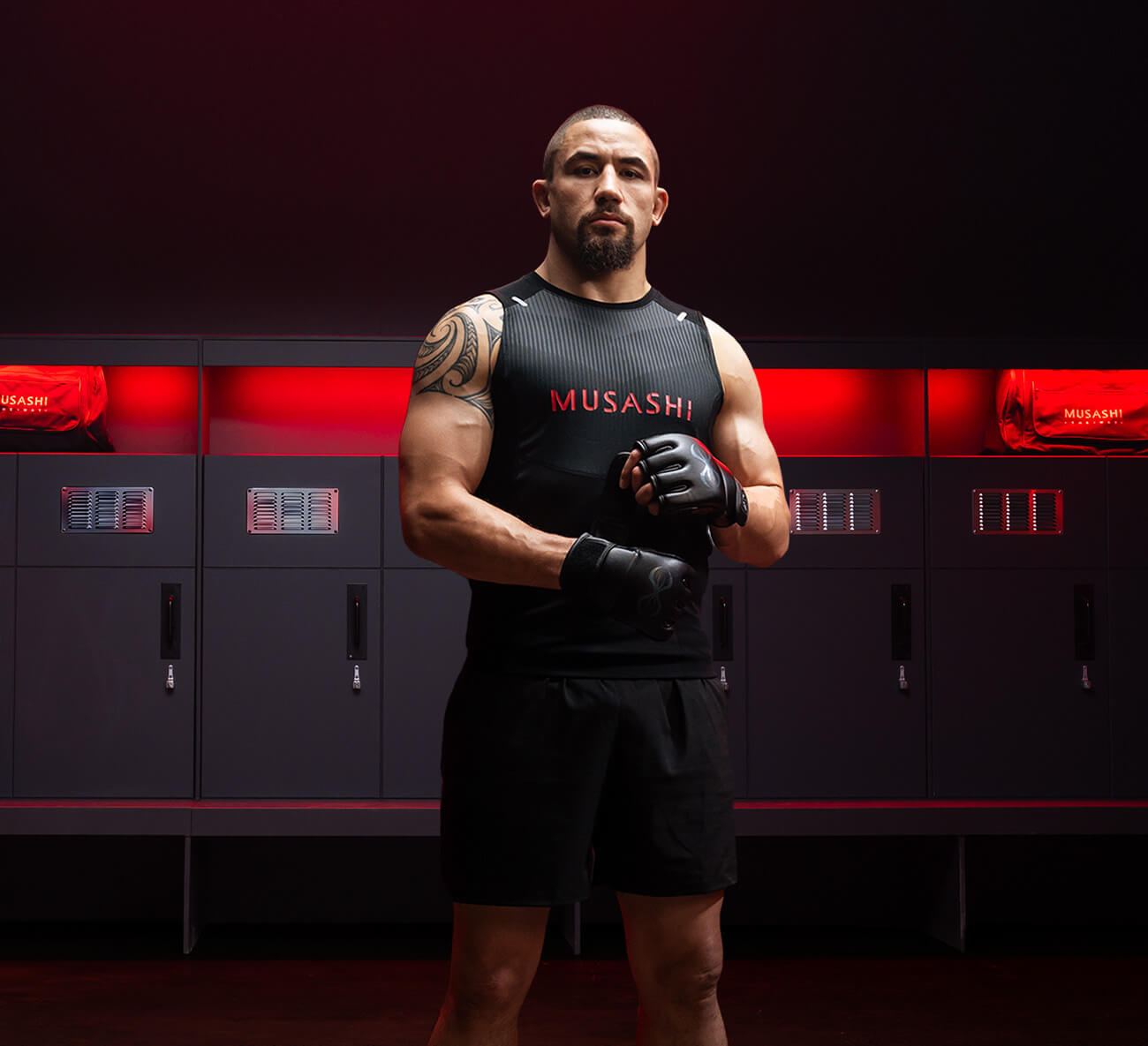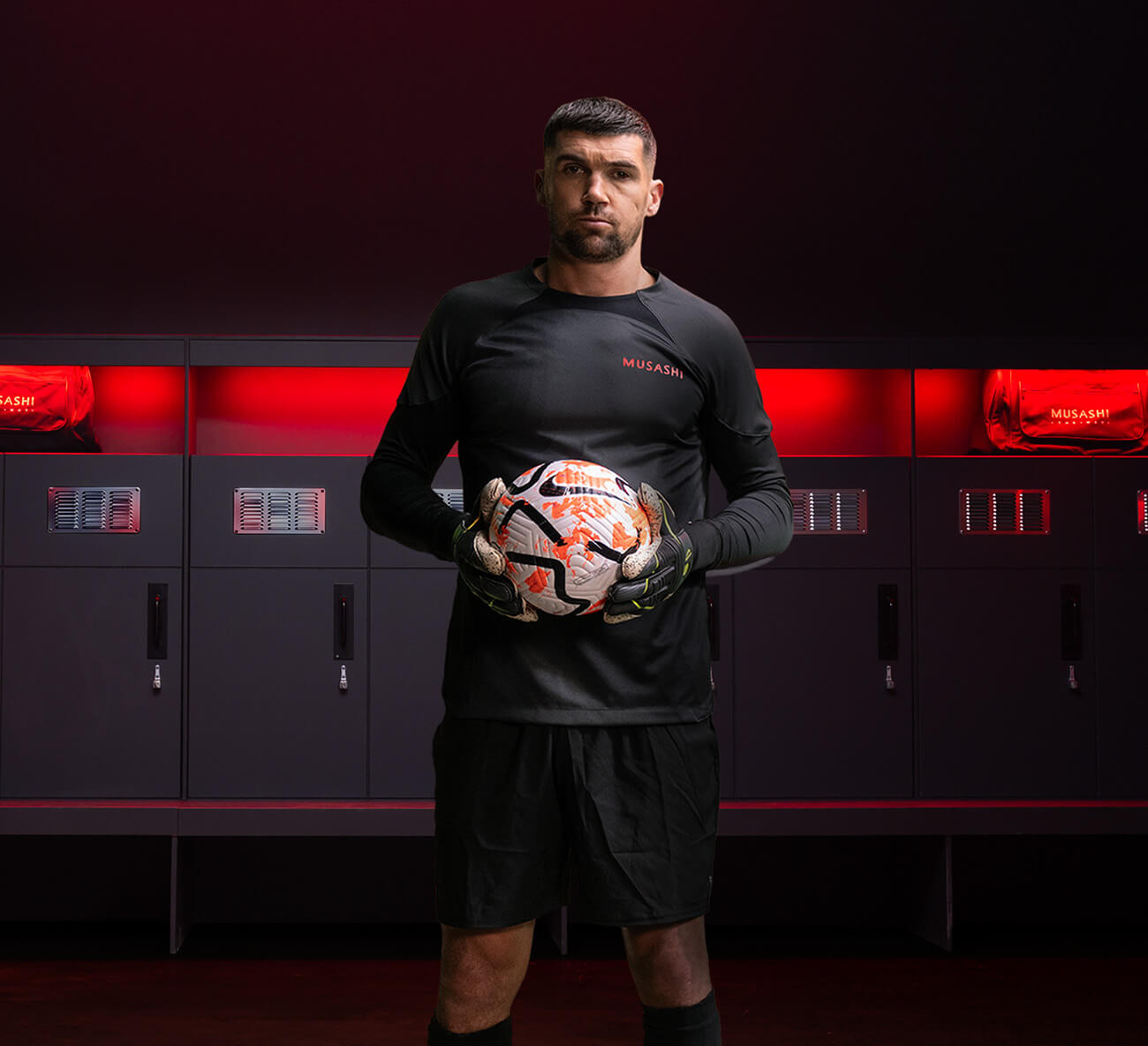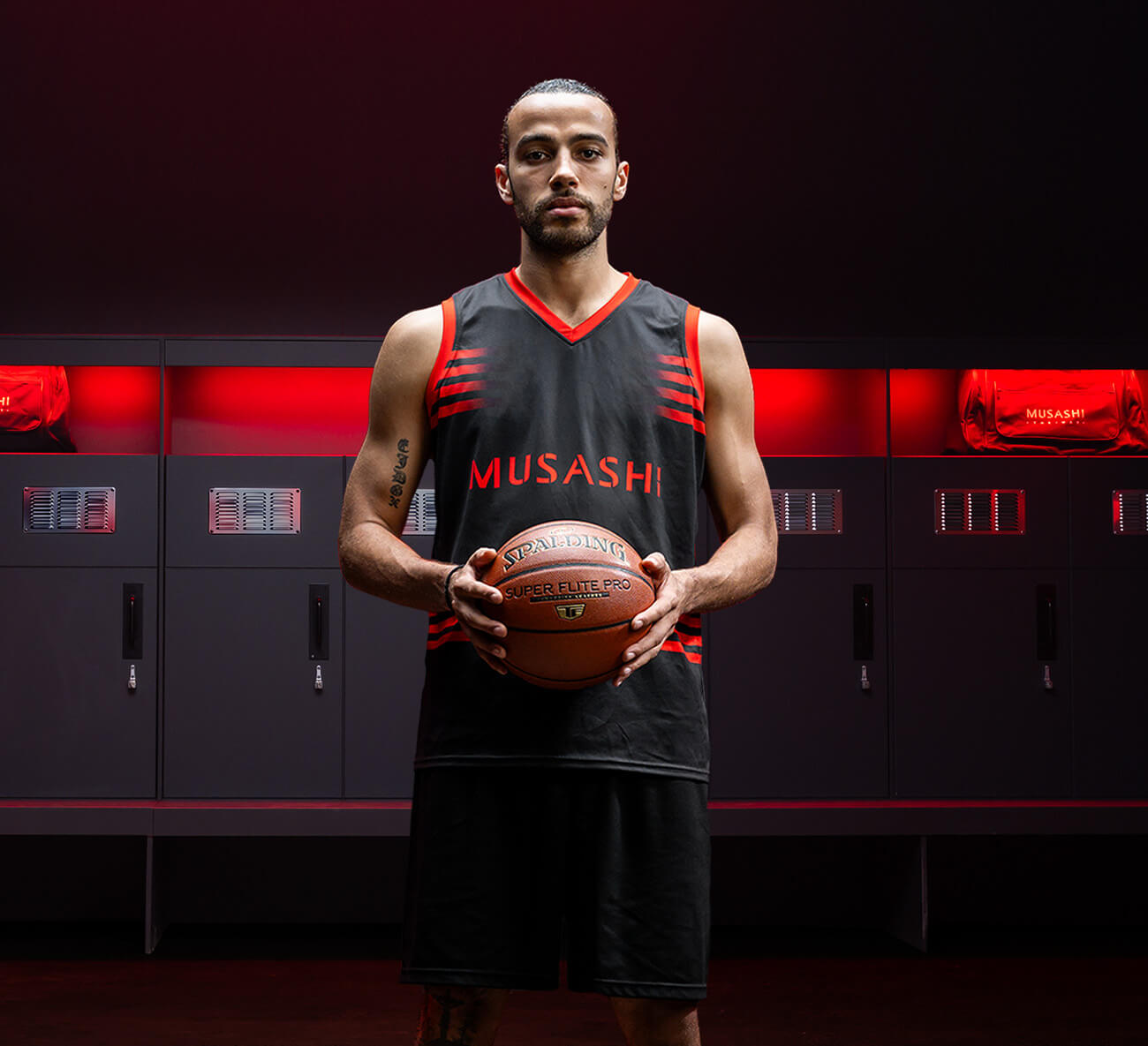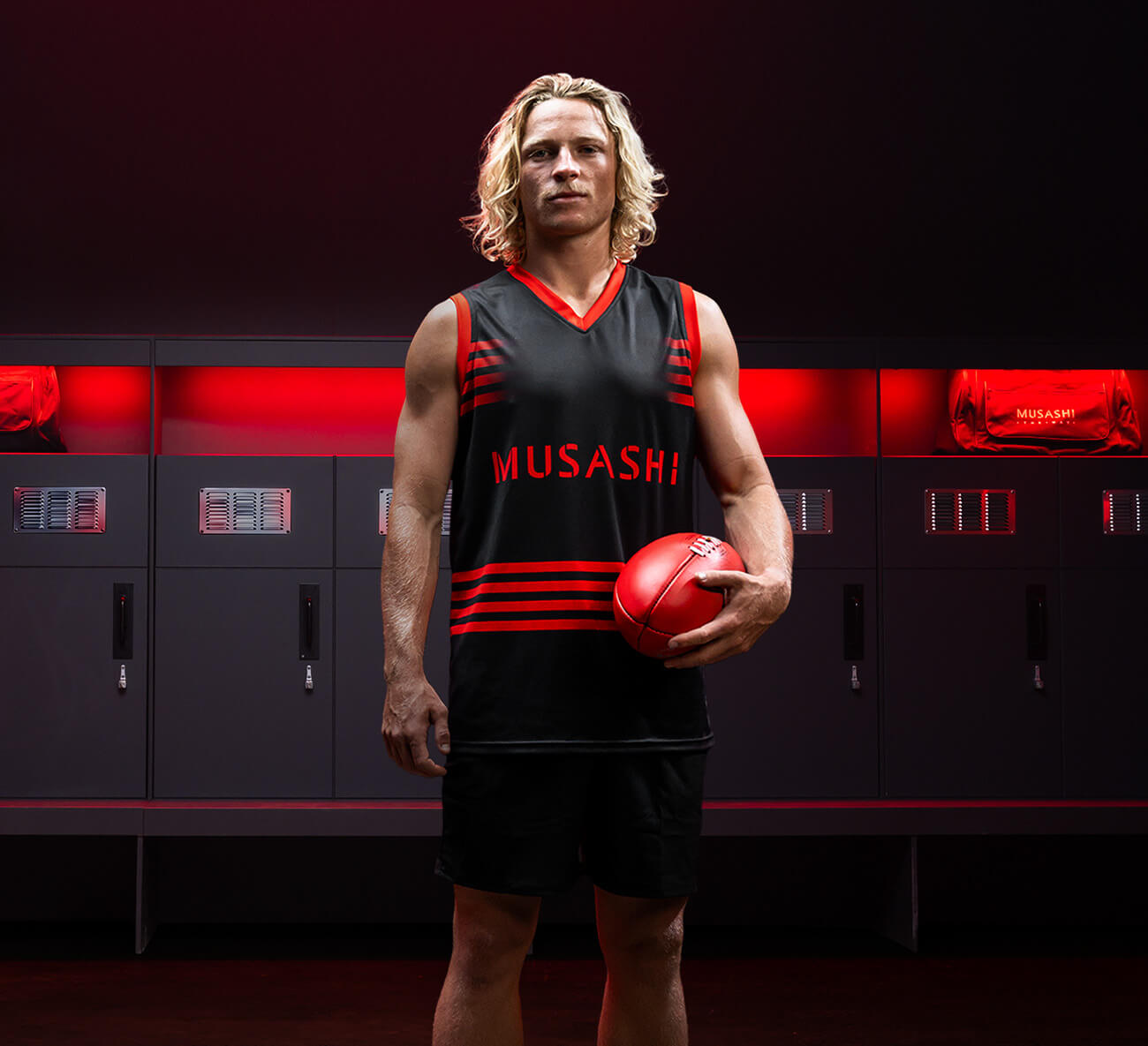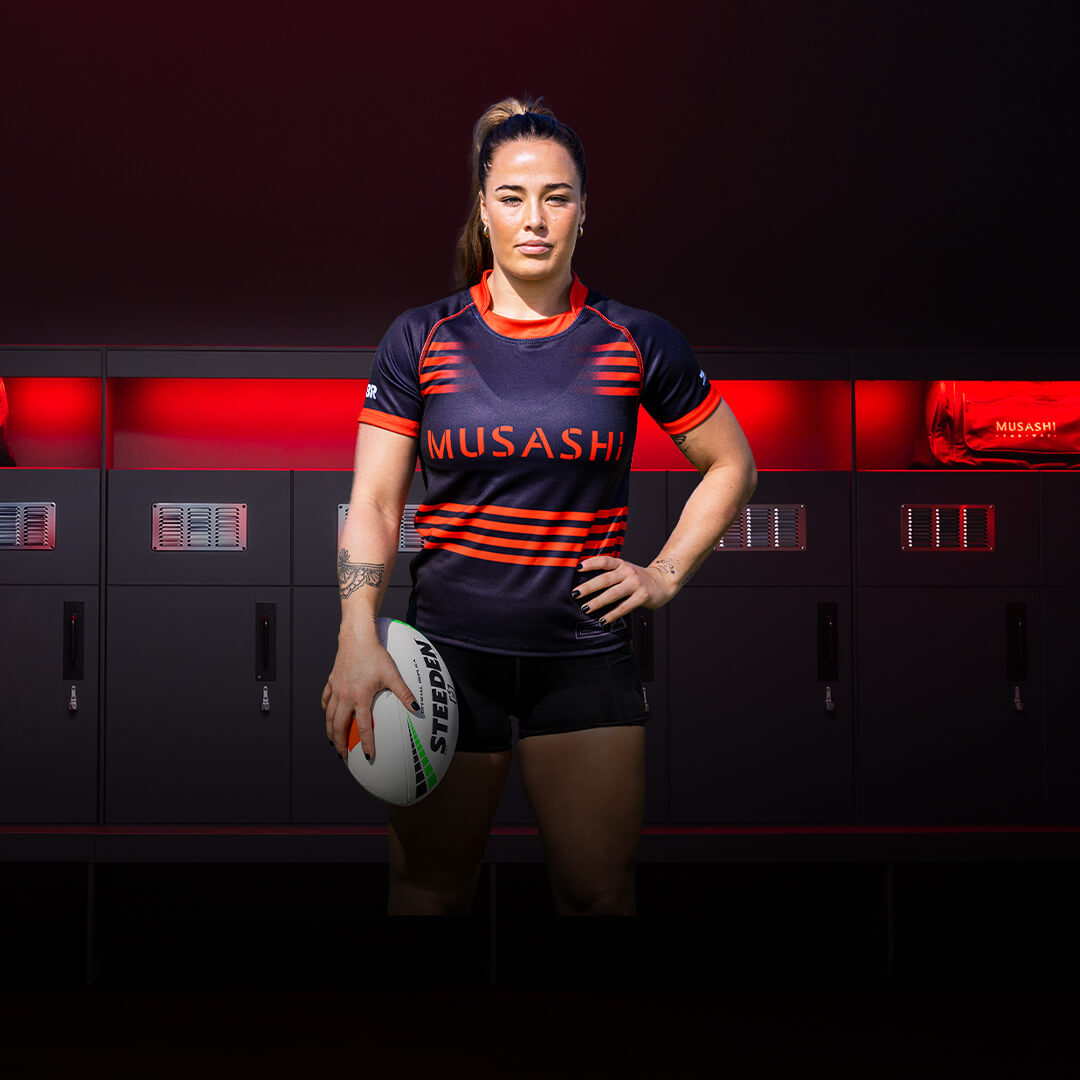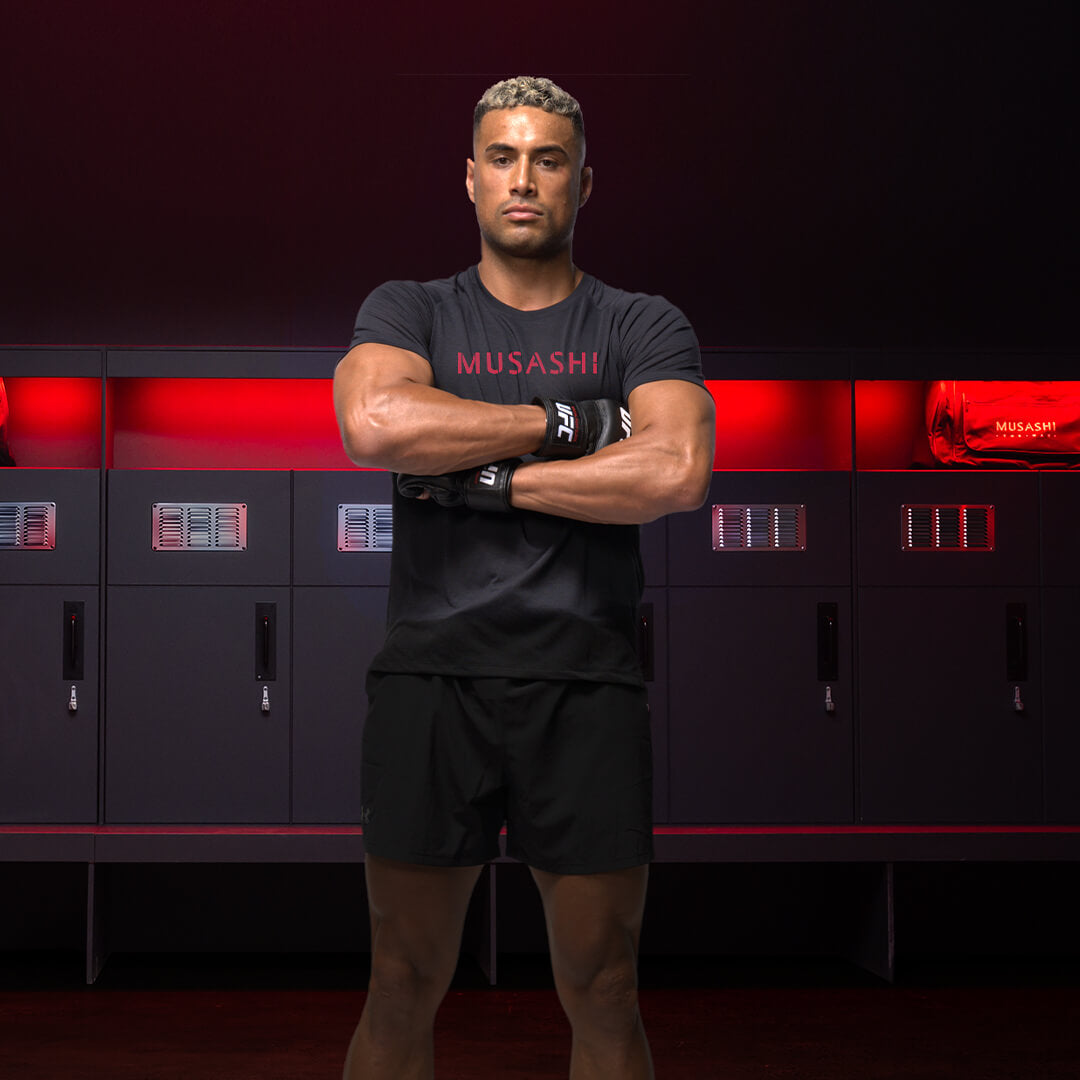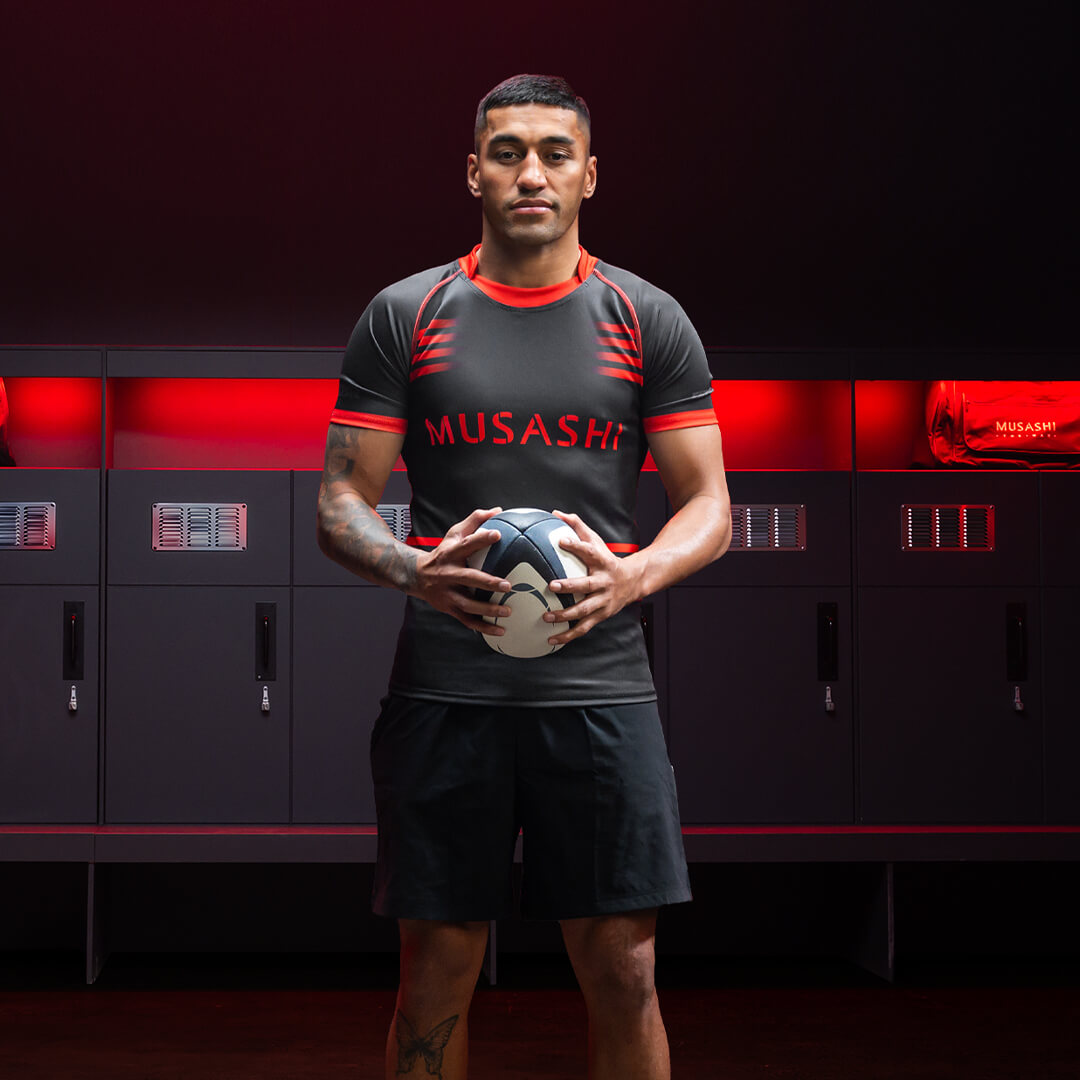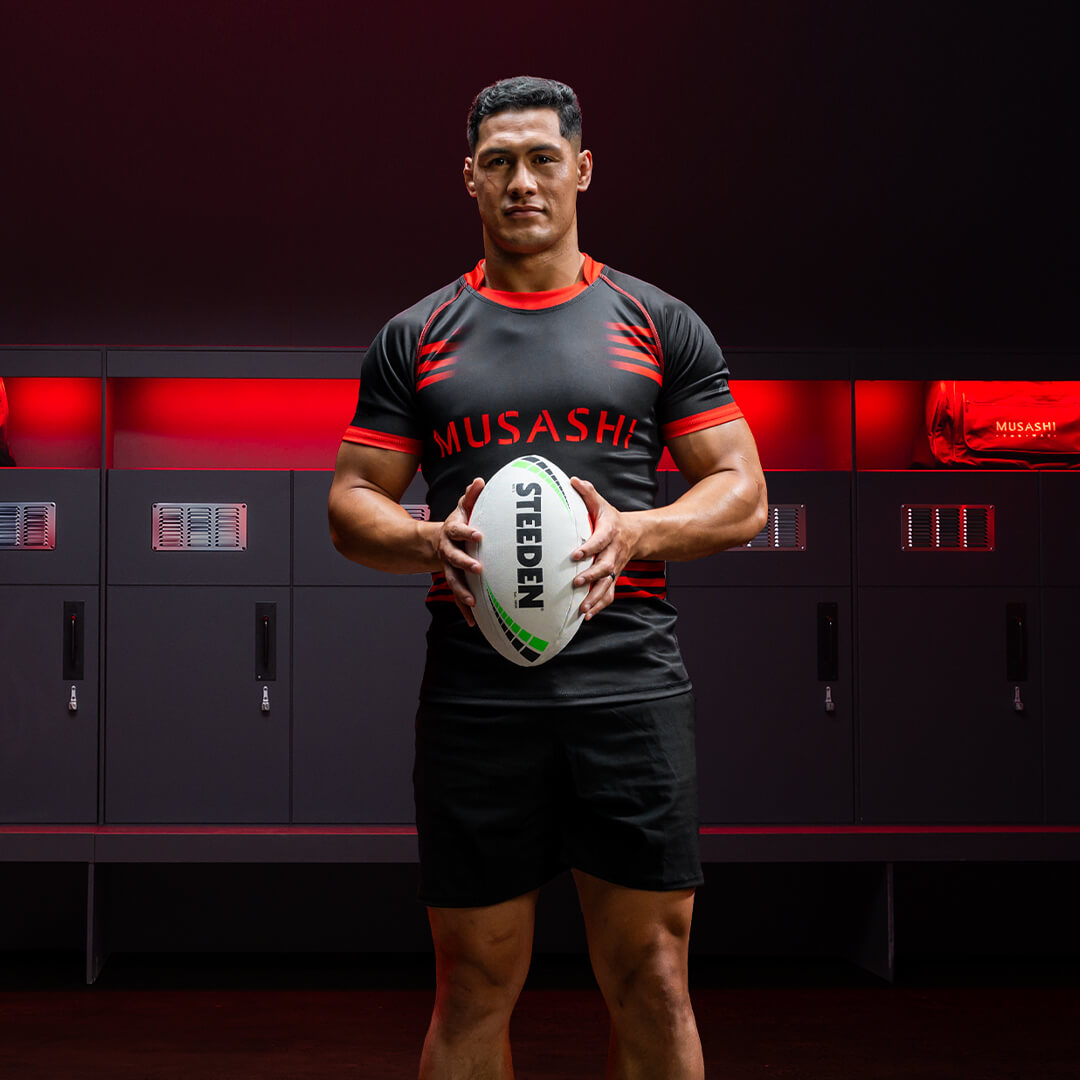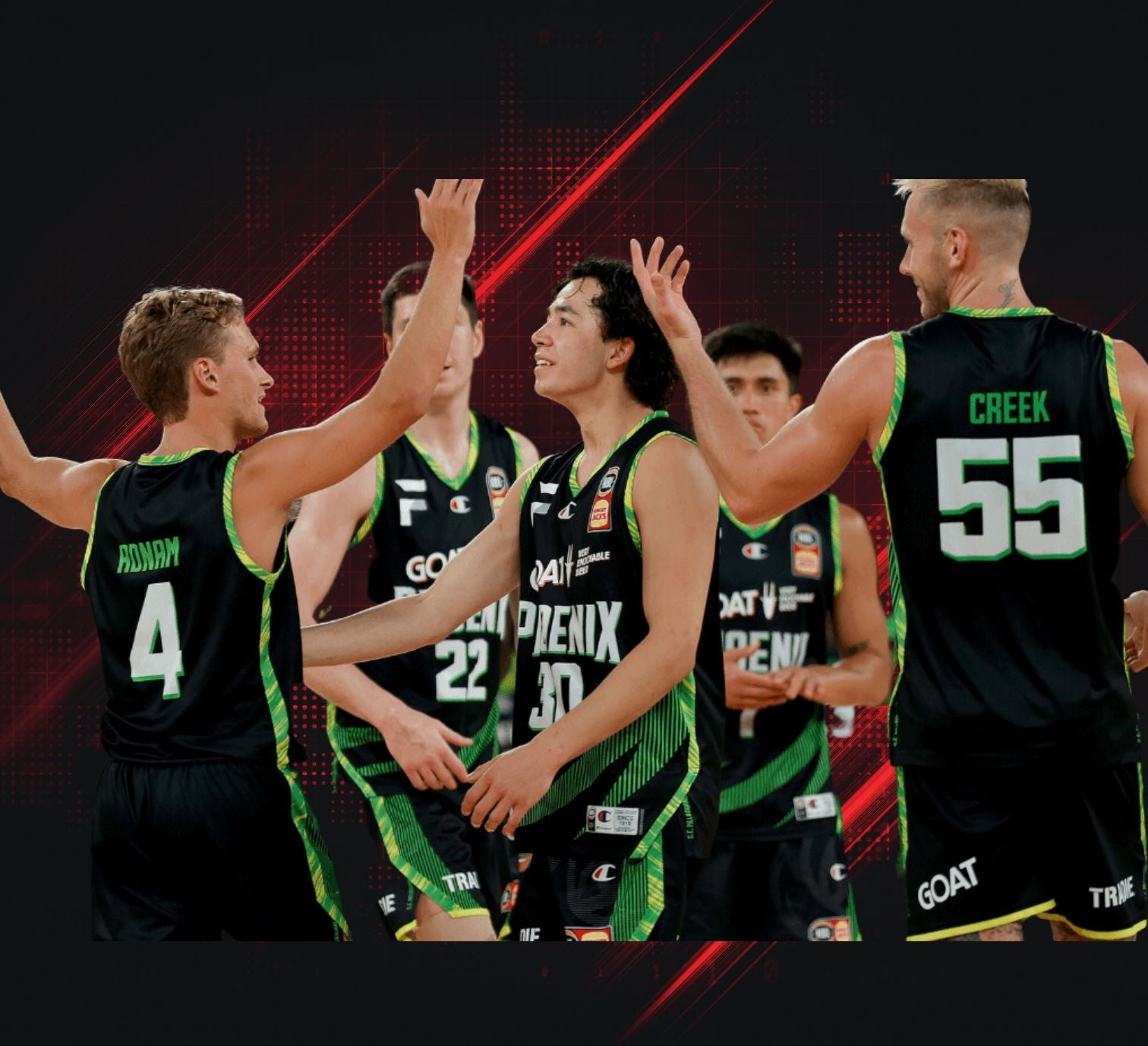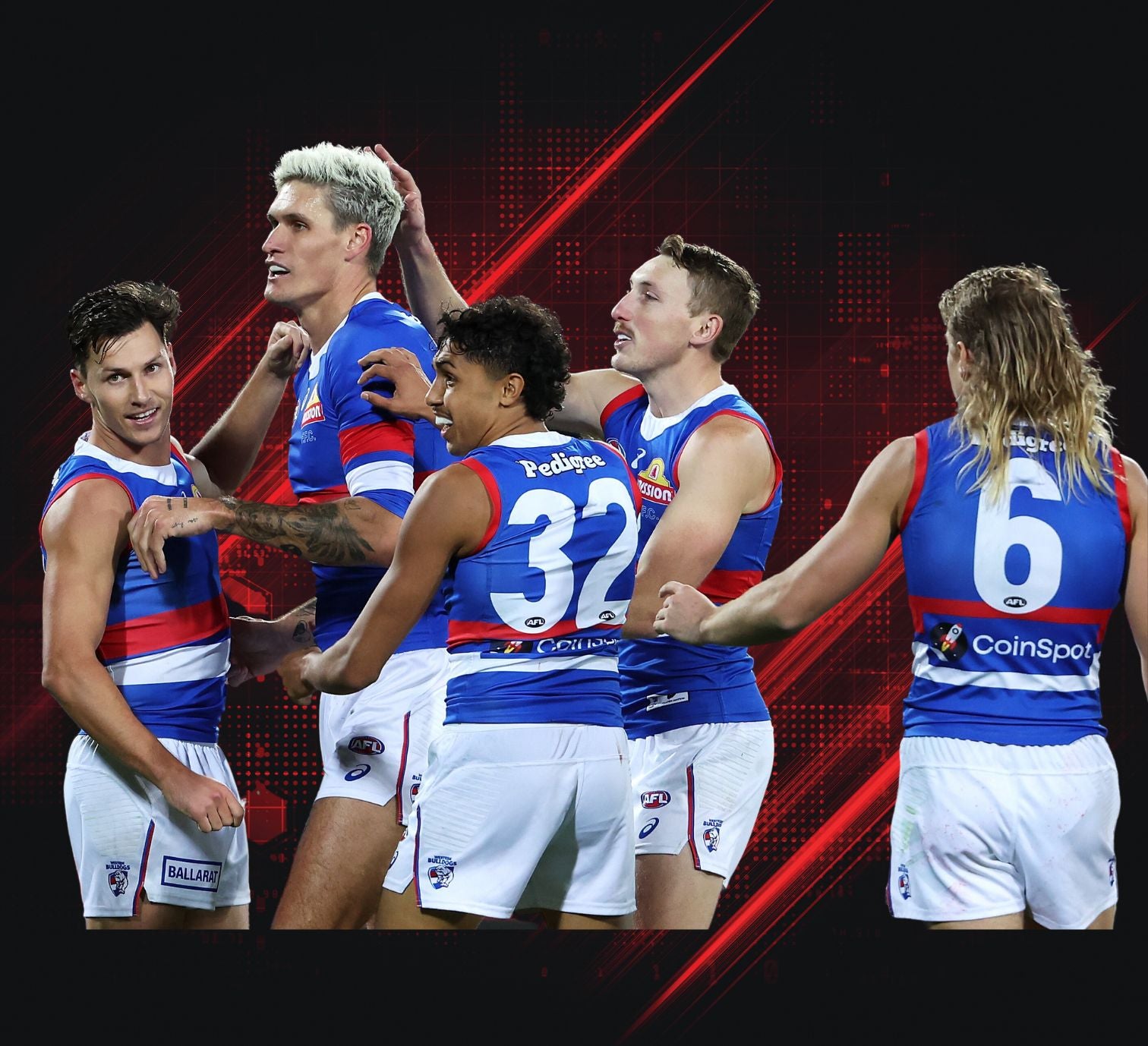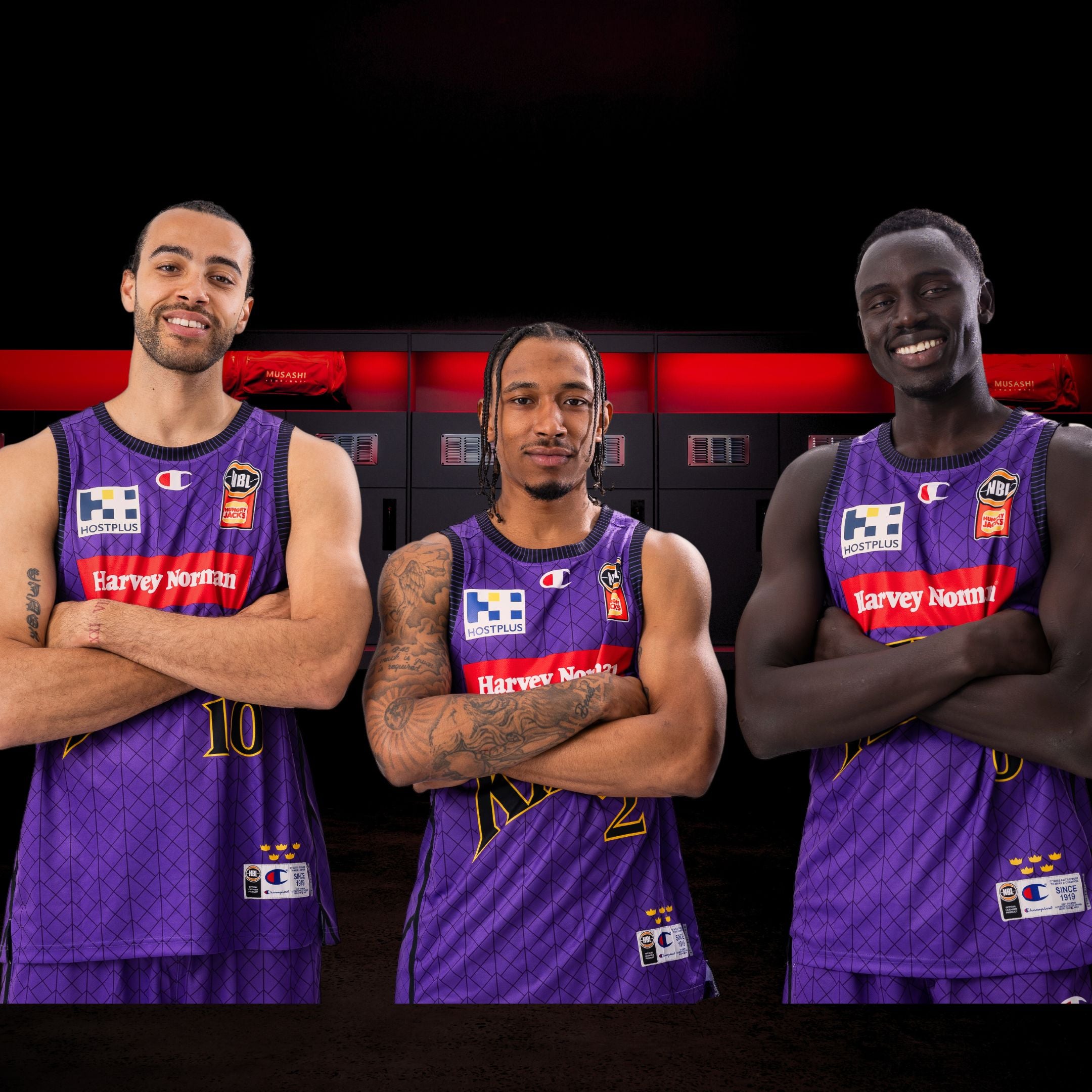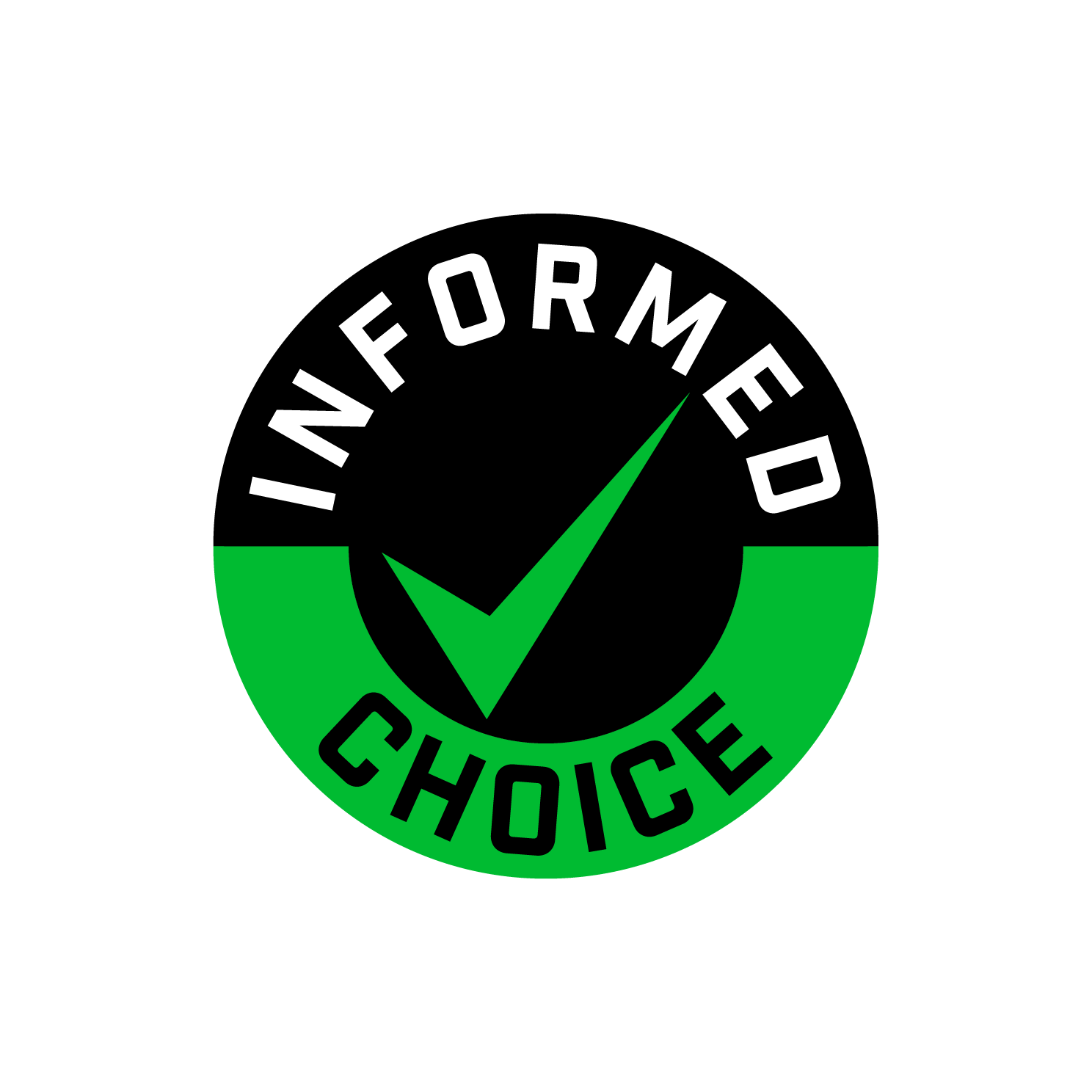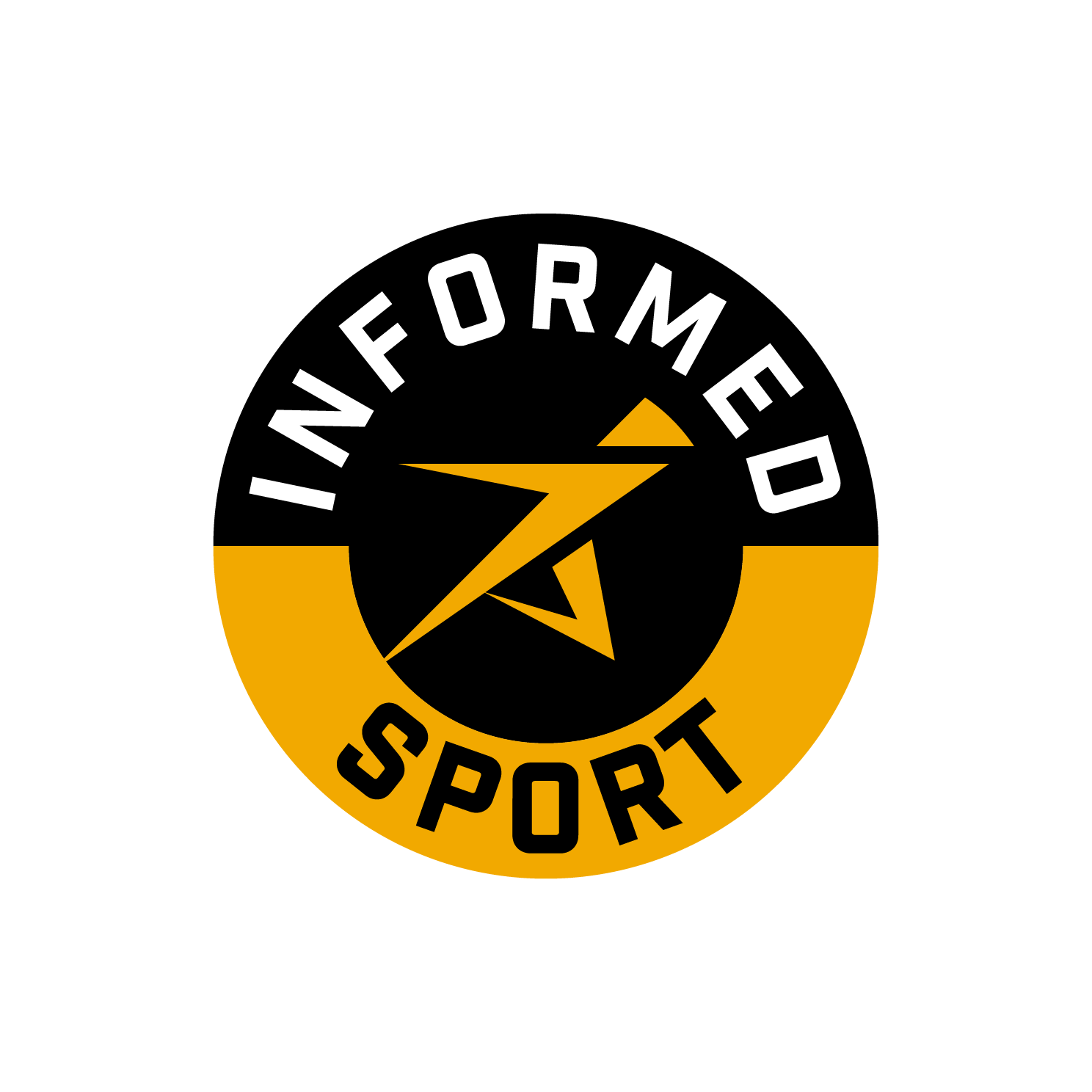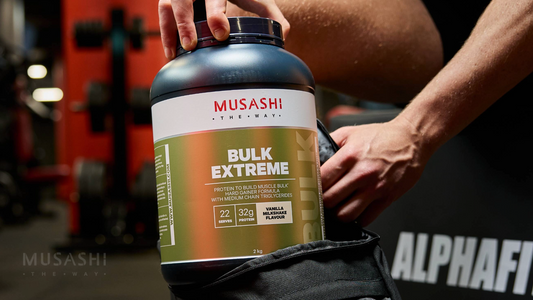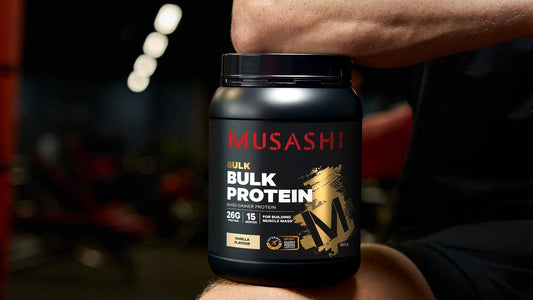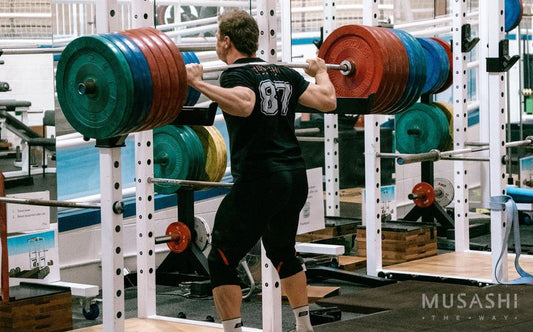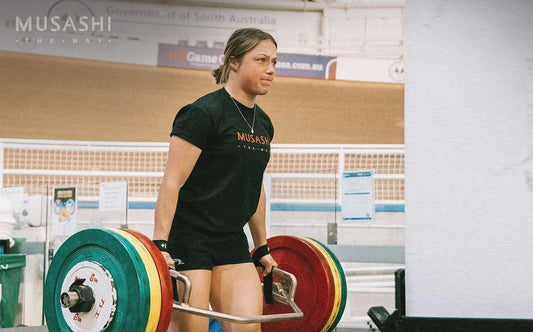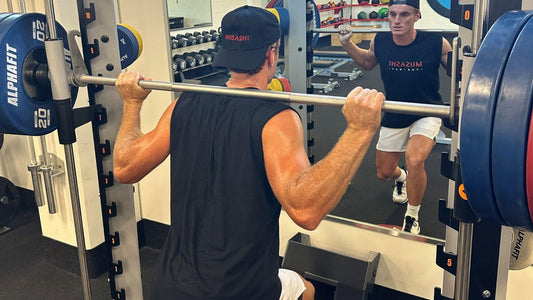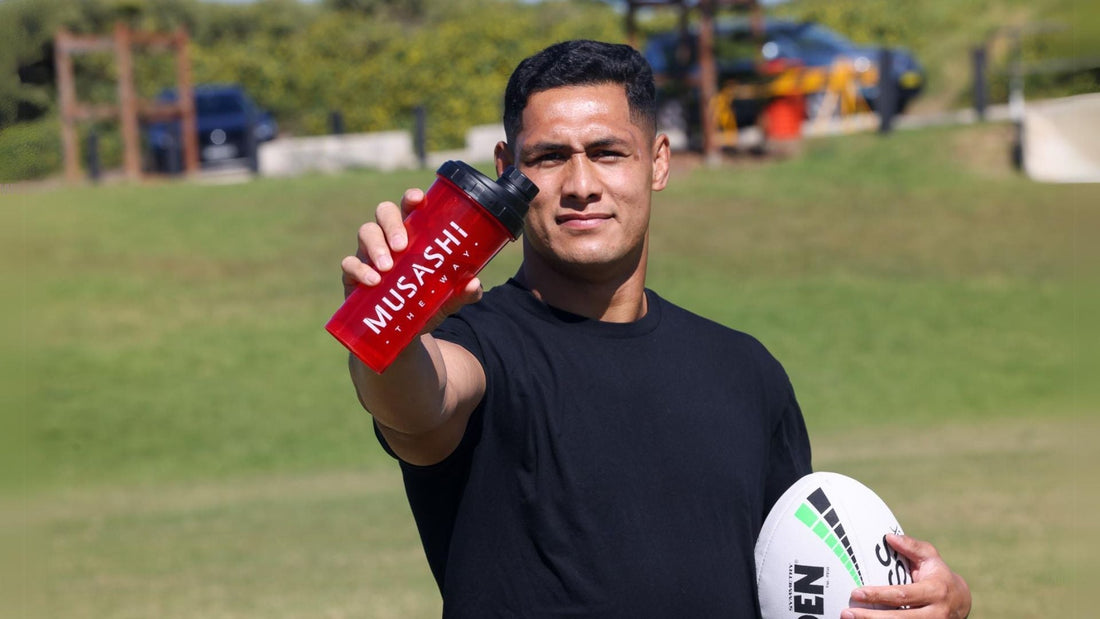
What to Eat Before Training
Fueling your body properly before a workout is crucial for optimal performance. Without the right nutrients, it can be challenging to maintain energy levels and achieve your fitness goals. Here's why pre-workout nutrition is essential and how it supports your training:
The Importance of Carbohydrates
Carbohydrates are a primary fuel source for both your muscles and brain, making them a key component of pre-workout nutrition. The higher the intensity and longer the duration of your exercise, the more carbohydrates you'll need to maintain performance and prevent fatigue. Without adequate carbohydrate intake, you may experience a lack of energy, muscle fatigue, and an inability to sustain high-intensity effort.
Individual Variations in Carbohydrate Needs
Everyone's carbohydrate needs can vary based on individual factors such as metabolism, type of exercise, and personal preferences. This is why it's important to use trial and error to find what works best for you.
General Guidelines for Pre-Training Meals
- Timing: Consume your last substantial meal 2-4 hours before your workout. If needed, you can top up your fuel levels with a small snack 1-2 hours prior to exercise.
- Composition: Your pre-exercise meal should be rich in carbohydrates, moderate to low in fiber, and moderate in protein. The key is to choose foods that are easy to digest. For snacks closer to your workout, opt for quick-absorbing carbohydrates that are lower in fiber.
The Role of Protein
Consuming protein before exercise can help speed up the recovery process post-exercise by supporting muscle repair and growth. Before your workout, stick to moderate-low amounts of protein to support your muscles without causing digestive issues. A Musashi protein + energy bar can be a convenient option if you're on the go.
Morning Workouts
Even if you train in the morning, it's still important to eat beforehand. Aim for a simple, easy-to-digest carbohydrate snack. If you find eating in the morning challenging, consider these tips:
- Practice consuming light foods and fluids before workouts.
- Start with easily digestible options such as toast, bananas, or juice.
- Stick to liquids if you do not tolerate solid foods well.
- Gradually train your stomach to handle food better over time.
What to Eat After Training
The foods you eat during recovery play a crucial role in the growth, repair, and recovery of muscles and tissues. Recovery nutrition encompasses not only what you eat immediately after a workout but also the meals and snacks you consume throughout the day. Ensuring a regular supply of protein and other vital nutrients, such as iron, throughout the day is important for enhancing the training response.
By following sound recovery nutrition practices, you can optimize training adaptations and perform to your full potential in your next training session.
Post-Workout Window
Consuming nutrients within 30-60 minutes after training can significantly enhance nutrient delivery to muscles, result in faster glycogen replenishment, and initiate tissue repair. This critical window is when the body switches from muscle breakdown to muscle building.
- Protein: Aim to consume at least 15-30g of high-quality protein after a workout to support muscle repair and growth.
- Carbohydrates: Replenish muscle glycogen with 30-60g of carbohydrates. This is particularly important for all athletes, but endurance athletes may need to focus more on carbohydrate replenishment.
Beyond Protein and Carbohydrates
While protein and carbohydrates are key components of recovery nutrition, don't overlook the importance of fats, fruits, and vegetables. These provide essential micronutrients that aid in things such as recovery, immune health, tissue repair and brain function.
Key Times for Recovery Nutrition
Recovery nutrition is especially important during:
- High-volume or high-intensity training sessions
- Heavy lifting sessions
- Competitions
- Consecutive days of competition or tournaments
- Multiple training sessions in a day
Convenient Protein Options
You need to plan ahead when it comes to post-training food, which is why it can be optimal to have easy on-the-go protein solutions. We offer a variety of high-quality protein powders at Musashi, which can be a practical and convenient way to consume protein. The best way to use protein powder is as part of a meal with whole foods. For example, adding protein powder to a smoothie with fruit, yogurt, and bananas ensures you don't miss out on the micronutrients, fats, fiber, and carbohydrates that whole foods provide. Another option could be having a protein bar with some yogurt and berries on the side.
Prioritising Real Food Sources
While protein powders are convenient, it's important to prioritize real food sources of protein, such as chicken, dairy (yogurt and milk), beef, fish, and legumes. These foods offer not only protein but also essential nutrients that protein powders lack. Including a variety of protein sources in your meals and snacks ensures you get the full range of nutrients needed for recovery and performance. Use protein powder as a supplement to your diet, especially when you're short on time or on the go, but it shouldn't replace real food sources.

